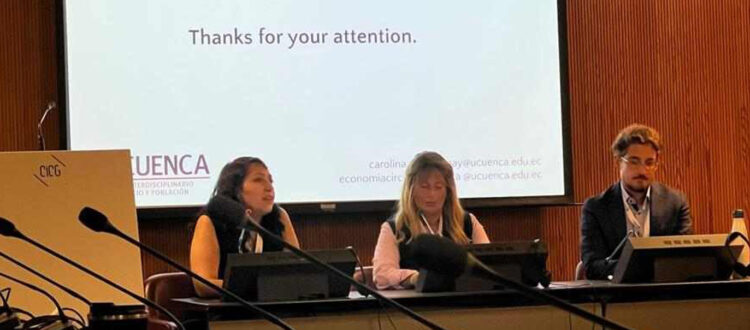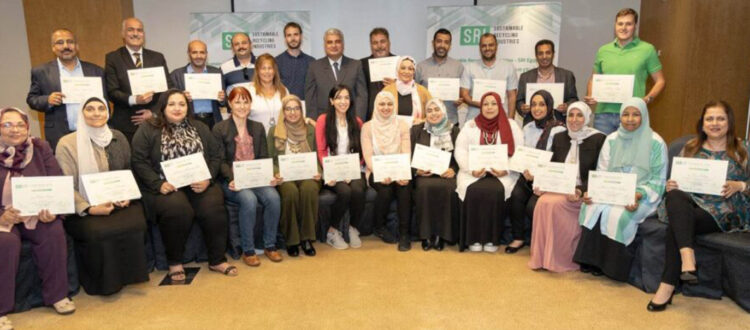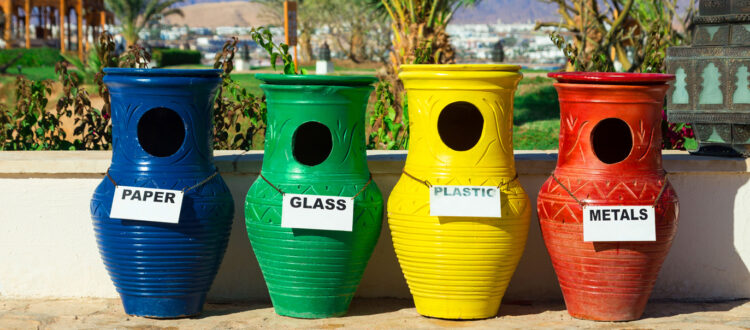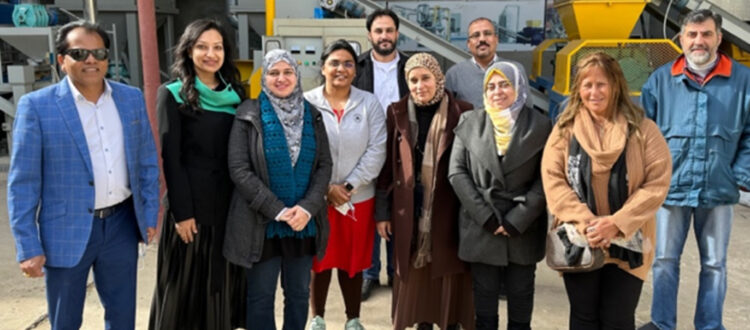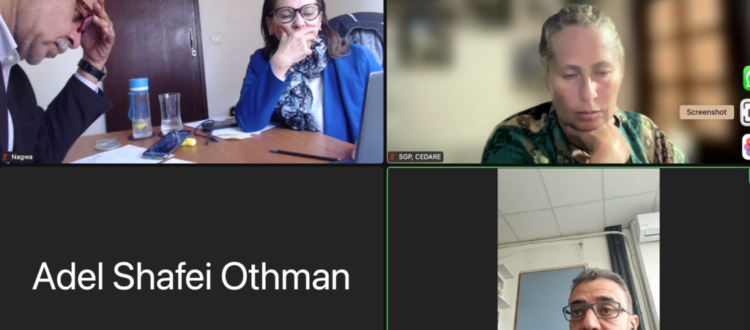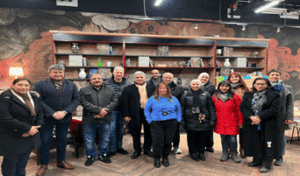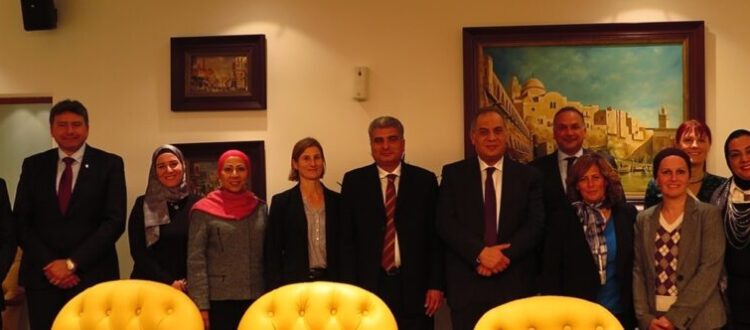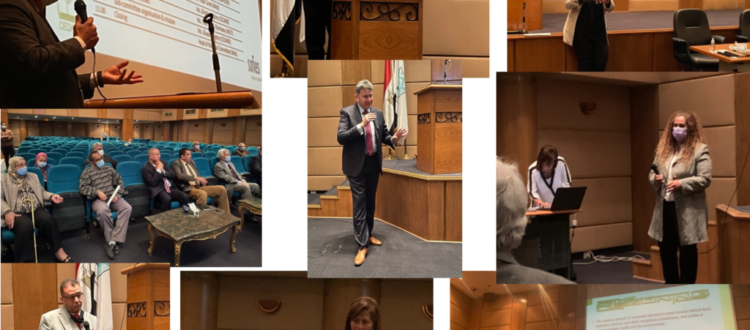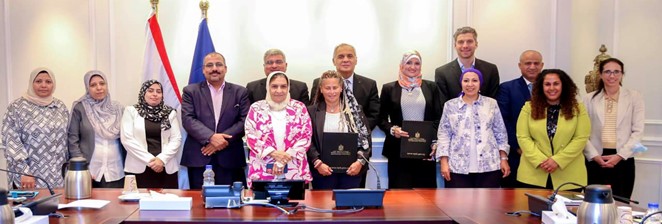Sustainable Recycling Industries (SRI)
CEDARE Showcases SRI Impact on Egypt at the WRF’23
On 5 September 2023, and as part of the WRF’23 in Geneva, Ms. Ghada Moghny, Senior Programme Coordinator at CEDARE delivered a presentation on the... Read More
Adopting the Swiss Model: CEDARE conducts TOT on E-waste Recycling Conformity Assessment under SRI
The Sustainable Recycling Industries – SRI Project in Egypt – has organized a 7-days TOT on E-waste Recycling Conformity Assessment in Cairo in June 2023. The... Read More
Sustainable Recycling Industries (SRI – PHASE II)
(October 1st, 2019 – June 1st, 2023), The overall development objective of the programme (SRI continuation) is that favorable framework conditions enable the development of... Read More
SRI E-waste Metal Extraction Audit in Egypt
Under the umbrella of collaboration that was formed by the SRI programme with the Ministry of Environment (MoE), and with the Ministry’s request, SRI recruited... Read More
Ministry of Environment Cooperation Meetings
Under the umbrella of collaboration that was formed between the Ministry of Environment (MoE), Ministry of Communication & Information Technology (MCIT) and the SRI programme... Read More
SRI- EPR Field Study Tour
The SRI programme commenced working on the Extended Producer’s Responsibility and organized a Study Tour for participants from the Ministry of Communications and Information Technology (MCIT),... Read More
Steering Committee Meetings
The Steering Committee’s role is to provide advice, ensure delivery of the project outputs and the achievement of project outcomes. … Providing advice (and sometimes... Read More
Establishment of the Take-Back Sub Committee
The Take-back sub-committee was established under the National E-waste Committee headed by the Ministry of Environment, with a focus on the analysis of the economic... Read More
Cooperation with the Electronic Research Institute (ERI)
ERI, was established by the Presidential Decree No. 38 in 1989. It is one of the specialized institutes affiliated to the Ministry of Scientific Research.... Read More


